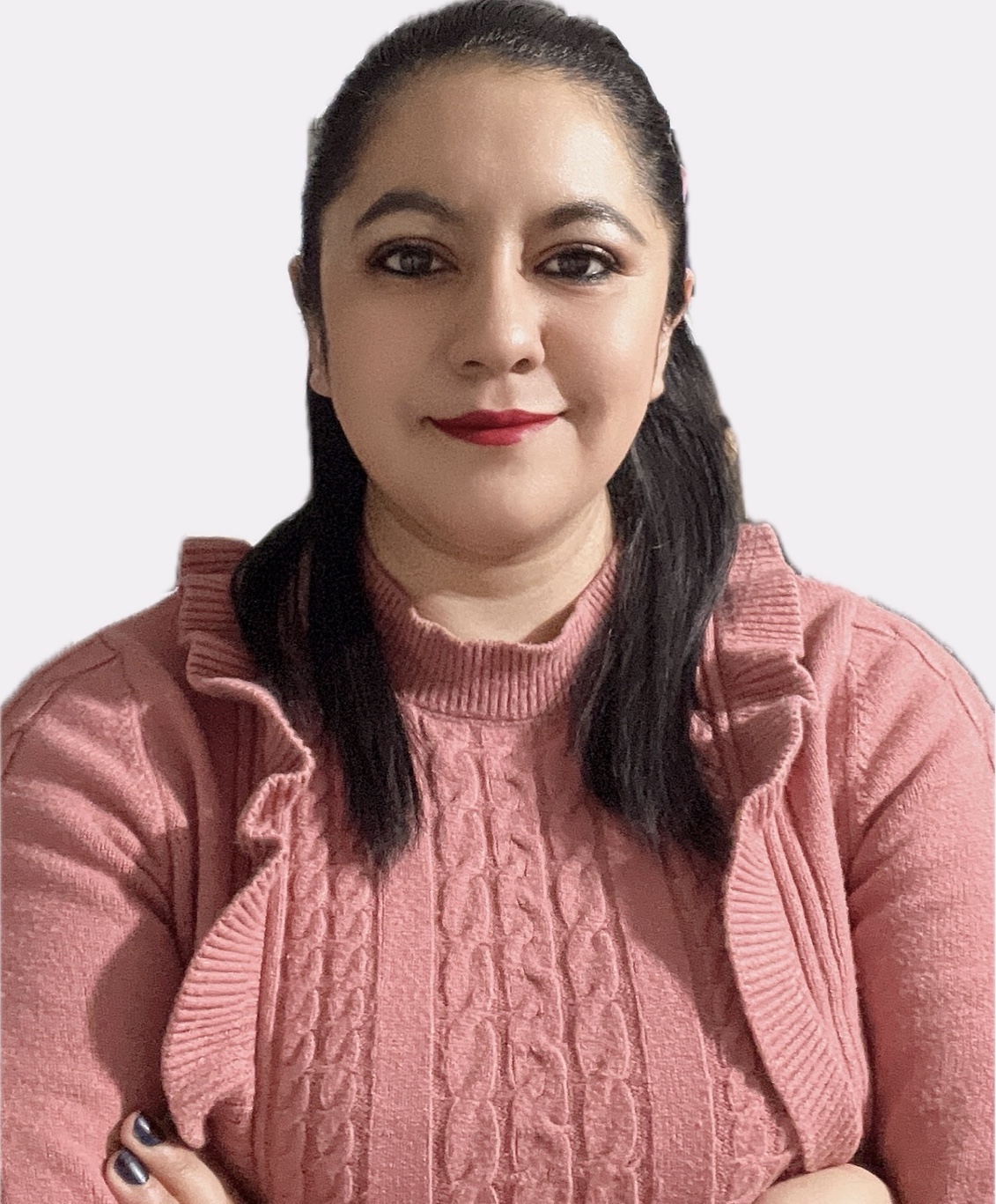Born in Nuevo Leon, Mexico • Birth year 1989 • Studied Applied Mathematics at UAA in Mexico • Highest Degree Master of Science in Mathematical Sciences from Clemson University, USA • Lives in New York, USA • Occupation Assistant Teaching Professor
I am an applied mathematician and educator now, but that wasn’t my initial goal. I originally aspired to be a physicist. Since my university didn’t have a physics major, I decided to pursue mathematics instead.
The field [of computational mathematics] is dominated by white male mathematicians, which means female faculty and underrepresented groups often face sexism and discrimination.
While pursuing my undergraduate and graduate studies in Mexico, I had the chance to do research using numerical methods to model bacterial growth. During my time at Clemson University, working on my Master’s degree in Computational Mathematics, I had the chance to dive into some fascinating projects. One of the highlights was working with something called the Leray alpha model, which is a regularization of the Navier-Stokes equations that has shown effectiveness in numerical simulations of turbulent and complex flows. Working on this project holds a special meaning for me. It was not only the first research project I worked on in the United States, but it also involved a type of mathematics (Finite Element Method) that I had not had access to in Mexico, and it was a physics problem, which fulfilled my dream of becoming a physicist.
Computational mathematics is not easily accessible to everyone. The field is dominated by white male mathematicians, which means female faculty and underrepresented groups often face sexism and discrimination. Additionally, it is an expensive field, with the cost of software, books, and conferences creating barriers for people trying to access this knowledge.
(…) My students have used their knowledge to model the oil spill in the Gulf of Mexico, analyze income inequality in New York City using the Gini coefficient, and determine appropriate drug dosages (…).
Due to these challenges, I have been advocating for greater access to information and knowledge. As an educator, I truly believe that mathematics is a skill that can be developed if you practice and are given the correct resources. This belief has guided my approach to teaching, where I’ve made a conscious effort to integrate practical applications and research components into traditional coursework. In courses like Calculus 2 and Linear Algebra, I have incorporated a research component where students tackle real-life problems, with a special emphasis on social justice issues. This innovative approach allows students to apply mathematical techniques learned in class and numerical methods to address significant societal challenges.
For instance, my students have used their knowledge to model the oil spill in the Gulf of Mexico, analyze income inequality in New York City using the Gini coefficient, and determine appropriate drug dosages, among other projects. These projects not only deepen their understanding of mathematical concepts but also highlight how mathematics can be a powerful tool for analyzing and solving real-world problems. By exploring the intersection of social justice and mathematics, students gain a broader perspective on how their skills can contribute to meaningful change in society.
The [EvenQuads card] decks pay tribute to notable women mathematicians and can be used to play various mathematical games.
As a woman of color, sexism and racism have been a challenging part of my academic journey. These experiences have motivated me to work towards making the math world a better place for women and other minorities. My passion for this cause led me to volunteer at the Association for Women in Mathematics, where I strive to create a more inclusive environment for underrepresented groups. I am a member of the EvenQuads Committee and currently serve as the Chair of the Student Chapters Committee. The EvenQuads card decks is a project created to celebrate the 50th anniversary of the Association for Women in Mathematics. The decks pay tribute to notable women mathematicians and can be used to play various mathematical games. These cards acknowledge the significant, yet frequently overlooked, contributions of women to mathematics in research, education, and industry.
Through these combined efforts in my research, teaching and advocacy, my goal is to ensure that the field of mathematics is accessible and welcoming to everyone, regardless of their background.

